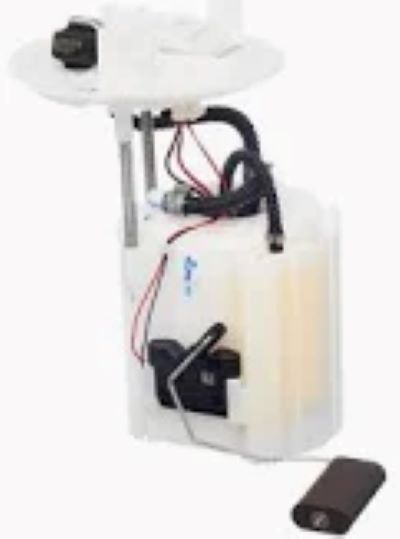However, some tips that can help prevent your fuel pump from failing include proper maintenance, knowing how to keep your fuel clean as well as understanding what you have to do in order to take care of your vehicle when it comes to its fuel system. Maintaining minimum half of the fuel tank helps in avoiding the above Its no secret, the bucking and sloshing of the fuel put more burden on the fuel pump As a result, the pump tends to overheat, low fuel makes the pump hotter because not enough fuel to disperse heat, in fact, the fuel, has a cooling effect. Consistently refilling the tank can prolong the pump life up to 30%, and especially on high-mileage vehicles, where component wear is important.
Clean fuel filters also prevent early wear-out of the fuel pump. How Fuel Filters WorkFuel filters keep debris and contaminants out of the pump, where they could clog everything — and cost extra energy to pump against. Most mechanics suggest replacing the fuel filter every 30,000 miles or so, or based on the specifics of the owner's manual. When the filters become clogged, it will take more effort and energy for the pump to operate, which over time can mean a 10-20% decrease in performance. With a clean filter, this stress is minimized, leading to smooth operation and consistent delivery of fuel.
The quality of the fuel is one of the factors that significantly contributes to the longevity of a fuel pump. Some pumps are rated for ethanol blends, but those not rated can see pump components degrade rapidly in high ethanol fuels. The water-attracting properties of ethanol can increase corrosion in the pump, fuel lines and, in turn, Fuel Tunnel, shortening the effective life of that fuel transfer pump by up to 40 percent. Using ethanol-free or a lower amount of ethanol gas may help to offset these effects, especially in older cars not made for the high concentrations.

Place third on the list of important preventive actions is dealing with electrical problems. Fuel pumps work by providing a stable voltage within a range of 12-14 volts in order to operate correctly. Old, corroded, or loose wiring creates resistance which reduces the voltage which leads to reduced fuel flow and an intermittent pump operation. According to mechanics, during regular service intervals, the electrical connections to the pump should be thoroughly checked as worn wiring can account for as much as 15% of fuel pump failures.
As said by the automotive expert Jeremy Clarkson, “its preventive care that saves you on the road.” Making sure these are all regularly checked ensures that fuel pumps will be functioning normal, which will save you money on repairs and breakdowns.
For the professionals who are on the hunt for durability coupled with quality, a Fuel Pump that can be counted on to withstand different types of environmental conditions, as well as different fuel types, results in much less failure-prone operation through different types of driving conditions.